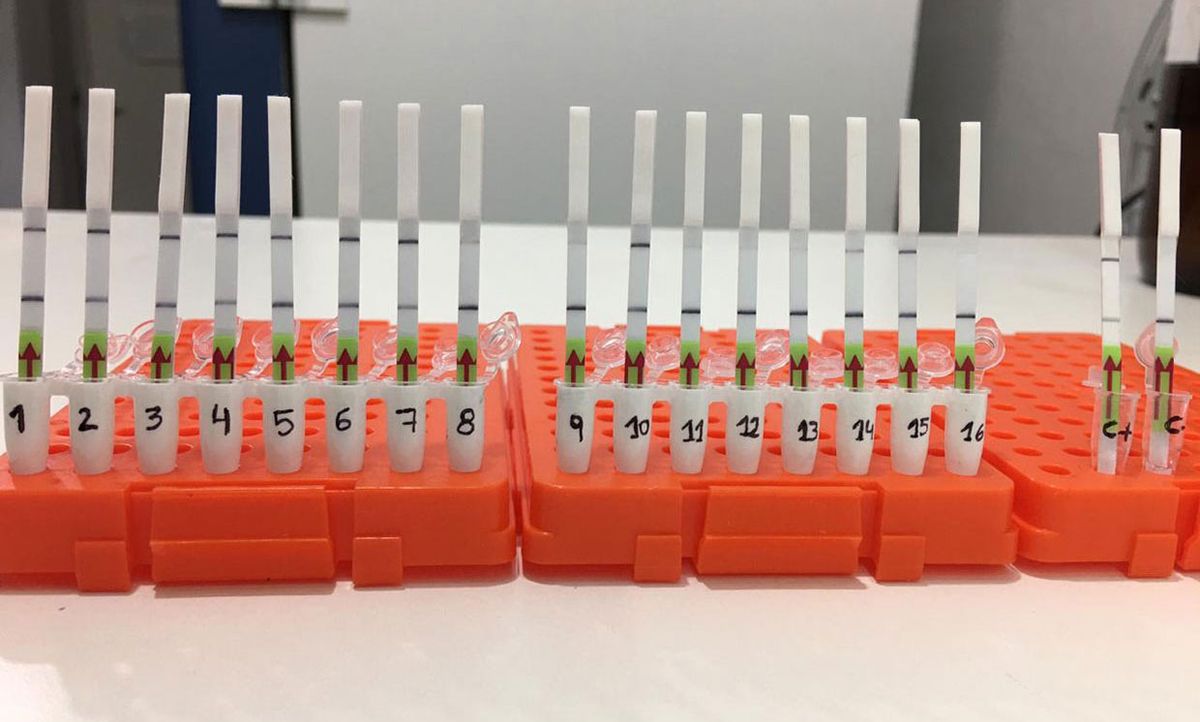IndieBio, the life sciences startup incubator that is part of venture firm SOSV, has opened applications to startups focused on developing “diagnostics, therapeutics, vaccines, disinfection, and other solutions addressing the worldwide problem of emerging infectious diseases.” And IndieBio is not just looking for solutions from biotech companies—startups involved in computing, automation, or, indeed, anybody with a technology that can address the problem, can apply.
Selected applicants will each receive at least US $250,000 in funding, along with mentors and lab space in either San Francisco or New York.
IndieBio aims to get this new class of eight startup teams launched by 4 May 2020, and has started screening applications.
SOSV began incubating tech companies under the auspices of hardware startup accelerator HAX nearly a decade ago. The venture firm now operates six accelerators including IndieBio.
Benjamin Joffe, a partner in HAX, pointed out in an email to media that a number of companies in SOSV’s portfolio are already applying technology to fight the new coronavirus. A few examples:
Renegade Bio, a rapid-test development company, has been working on a streamlined COVID-19 test that doesn’t require RNA extraction. Last week, the company started doing mass tests of police and other emergency workers in the San Francisco Bay Area. The aim is to bring tests out to people who need them via an Uber-like app.
Caspr Biotech, a company that started two years ago to develop tests for the Zika virus, is developing a COVID-19 test that uses inexpensive test strips and stand-alone processing devices that can be deployed in public places.
Verdex, whose founders include scientists who helped develop Tyvek, is taking its nanofiber, created for industrial filtering, and using it to make protective masks. The company says it’s more breathable than current mask materials.
Left: Face mask nanofibers being spun by Verdex; Right: Functionalized face mask sample sheets.Photos: Verdex
Youibot has developed an indoor disinfection and inspection robot that can be used to disinfect surfaces using UV light or check the temperatures of people entering buildings.
HabitAware is suggesting that people can use its Keen bracelet, that recognizes hand gestures, to prevent face touching.
O2O2’s face shield uses a fan to pull air through filters and push it in front of a user’s face, while keeping dirty air out.
IndieBio isn’t the only accelerator looking to help startups tackle the challenges presented by the coronavirus. Y Combinator on Wednesday promised to fast-track applications from startups looking to develop tests, treatments, and vaccines, hospital equipment, and monitoring and data infrastructure technology aimed at addressing the crisis. The accelerator intends to fund successful applicants immediately.
StartX, a nonprofit accelerator that spun out of Stanford, formed the StartX Med COVID-19 Task Force, aimed at helping its portfolio companies ramp up or repurpose their technology to address the pandemic. And the Plug and Play Accelerator planned to put at least 15 companies on a virtual stage on Thursday to pitch products and services aimed at helping the world fight the coronavirus.
Tekla S. Perry is a senior editor at IEEE Spectrum. Based in Palo Alto, Calif., she's been covering the people, companies, and technology that make Silicon Valley a special place for more than 40 years. An IEEE member, she holds a bachelor's degree in journalism from Michigan State University.

 Left: Face mask nanofibers being spun by Verdex; Right: Functionalized face mask sample sheets.Photos: Verdex
Left: Face mask nanofibers being spun by Verdex; Right: Functionalized face mask sample sheets.Photos: Verdex

